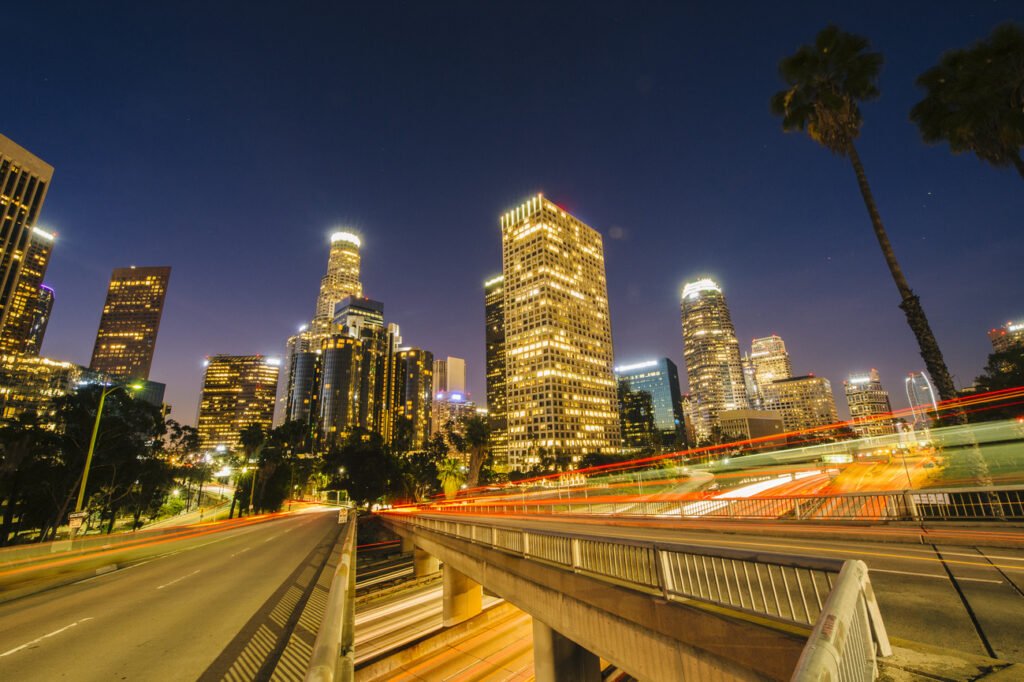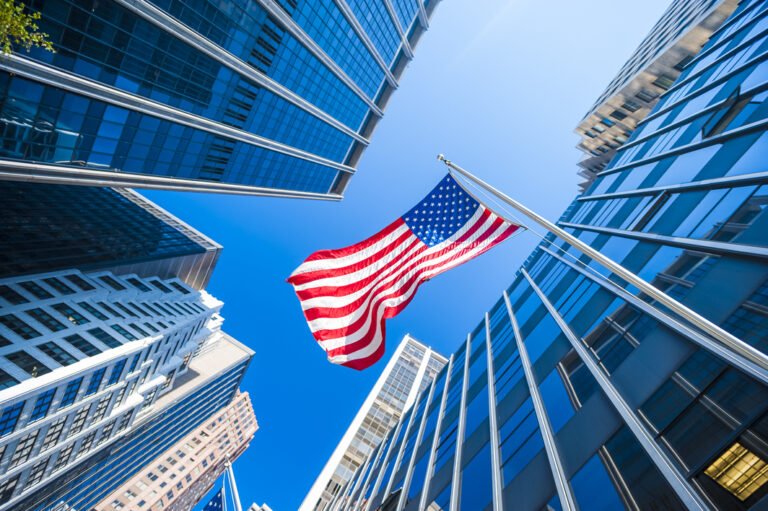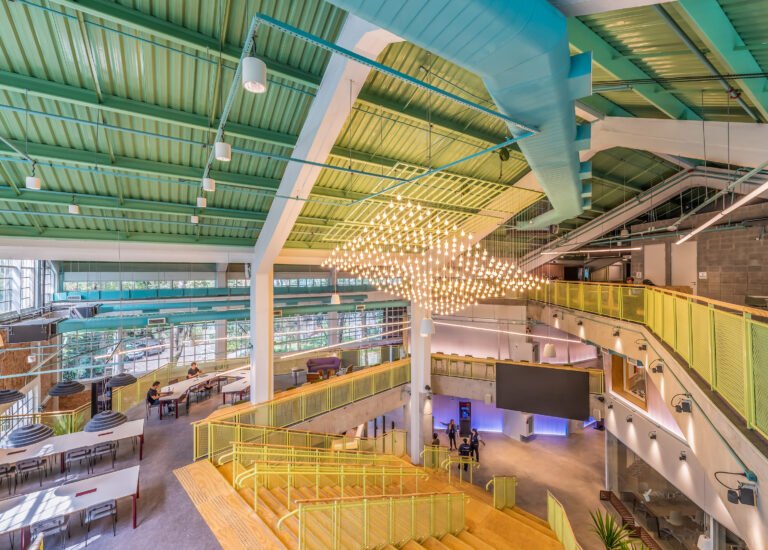In the intricate web of federal procurement regulations, two pivotal legislations stand as guardians of domestic manufacturing and economic vitality: the Buy American Act (BAA) and the Build America, Buy America Act (BABA). These legislative pillars play a significant role in promoting domestic manufacturing and economic growth. But what do these acts entail, why are they crucial, and how do they affect industries like lighting? Let’s delve deeper into their implications and explore the opportunities and challenges they present.
Understanding the Buy American Act (BAA) and Build America, Buy America Act (BABA)
Buy American Act (BAA):
The Buy American Act (BAA), established in 1933, mandates that federal agencies prioritize purchasing domestic goods. However, compliance involves more than just ensuring products are “Made in America.” The procurement must be intended for public use within the United States, and the items or materials must be present in sufficient quantities of satisfactory quality.
Build America, Buy America Act (BABA):
In contrast, the Build America, Buy America Act (BABA), part of the Infrastructure Investment and Jobs Act of 2021, strengthens previous legislation to prioritize domestically produced materials in federally funded transportation and infrastructure projects. Compliance with Build America, Buy America Act (BABA) is overseen by the Made in America Office, emphasizing the importance of sourcing materials within the United States and meeting escalating thresholds for domestic content.
The domestic content threshold will increase gradually according to the following schedule*:
- 55 percent remained in effect until October 25, 2022.
- 60 percent for items delivered in calendar years 2022 through 2023.
- 65 percent for items delivered in calendar years 2024 through 2028.
- 75 percent for items delivered starting in the calendar year 2029.
*Source Federal register
What is Infrastructure Project?

The U.S. Infrastructure Investment & Jobs Act of 2021 (IIJA) allocates $284 billion (52 percent) of the $550 billion in new investments toward modernizing and making improvements across all modes of transportation, with most of the funding reserved for highways, roads and bridges:
- Roads & Bridges: $110 billion
- Transit: $39 billion
- Rail: $66 billion
- Safety: $11 billion
- Airports: $25 billion
- Ports & Waterways: $17 billion
- Electric vehicle chargers: $7.5 billion
- Electric buses: $7.5 billion
- Reconnecting Communities: $1 billion
Why are These Acts Important?
These acts are essential for several reasons.
- They support domestic industries, fostering job creation and sustaining manufacturing capabilities within the country.
- They ensure quality and safety standards are met, crucial in sectors like lighting where performance is paramount.
- They promote fair competition among suppliers, driving innovation and efficiency.
Impact on the Lighting Industry
For the lighting industry, compliance with BAA and BABA presents challenges and opportunities. Manufacturers must navigate complex requirements, especially regarding the Cost of Components test, which poses difficulties for LED products due to offshore sourcing. However, compliance opens doors to lucrative government contracts and infrastructure projects, driving growth and expansion. In this way, compliance with BAA and BABA opens doors to significant market opportunities, driving the success and sustainability of manufacturers like Lumecon and XtraLight in the lighting industry.

Managing the supply chain is critical for compliance, requiring careful vetting of suppliers and detailed record-keeping. Moreover, adherence to these regulations encourages innovation within the lighting industry as manufacturers develop cutting-edge products that meet domestic sourcing requirements.
In conclusion, the Buy American Act (BAA) and the Build America, Buy America Act (BABA) are pivotal regulations shaping federal procurement and infrastructure development. For the lighting industry, compliance is both a legal requirement and a strategic imperative, offering opportunities for growth while reinforcing the nation’s economic resilience and industrial strength. By understanding and embracing these regulations, manufacturers can position themselves for success in a competitive marketplace.
Thanks for reading and stay tuned for next month’s blog post!
About Western Lighting and Energy Controls
Western Lighting and Energy Controls is one of the leading Lighting, Controls, and Energy Management manufacturers’ representative agency in Southern California.
In business for over two decades, Western Lighting and Energy Controls offers an unparalleled level of service and support through dedicated teams. These teams work to ensure that project requirements and unique business needs are delivered on time and within budget. With its uniquely proactive approach, Western can serve customers in a way that achieves maximum growth and success. Western Lighting and Energy Controls has been an employee-owned company through an Employee Stock Ownership Plan (ESOP) Trust since 2019. To learn more about Western Lighting and Energy Controls, visit www.westernlightingandenergycontrols.com.
For more information, contact us here at Western Lighting and Energy Controls
We’re on social media!
Get all the Western LEC news, updates, and more on your favorite channel:





